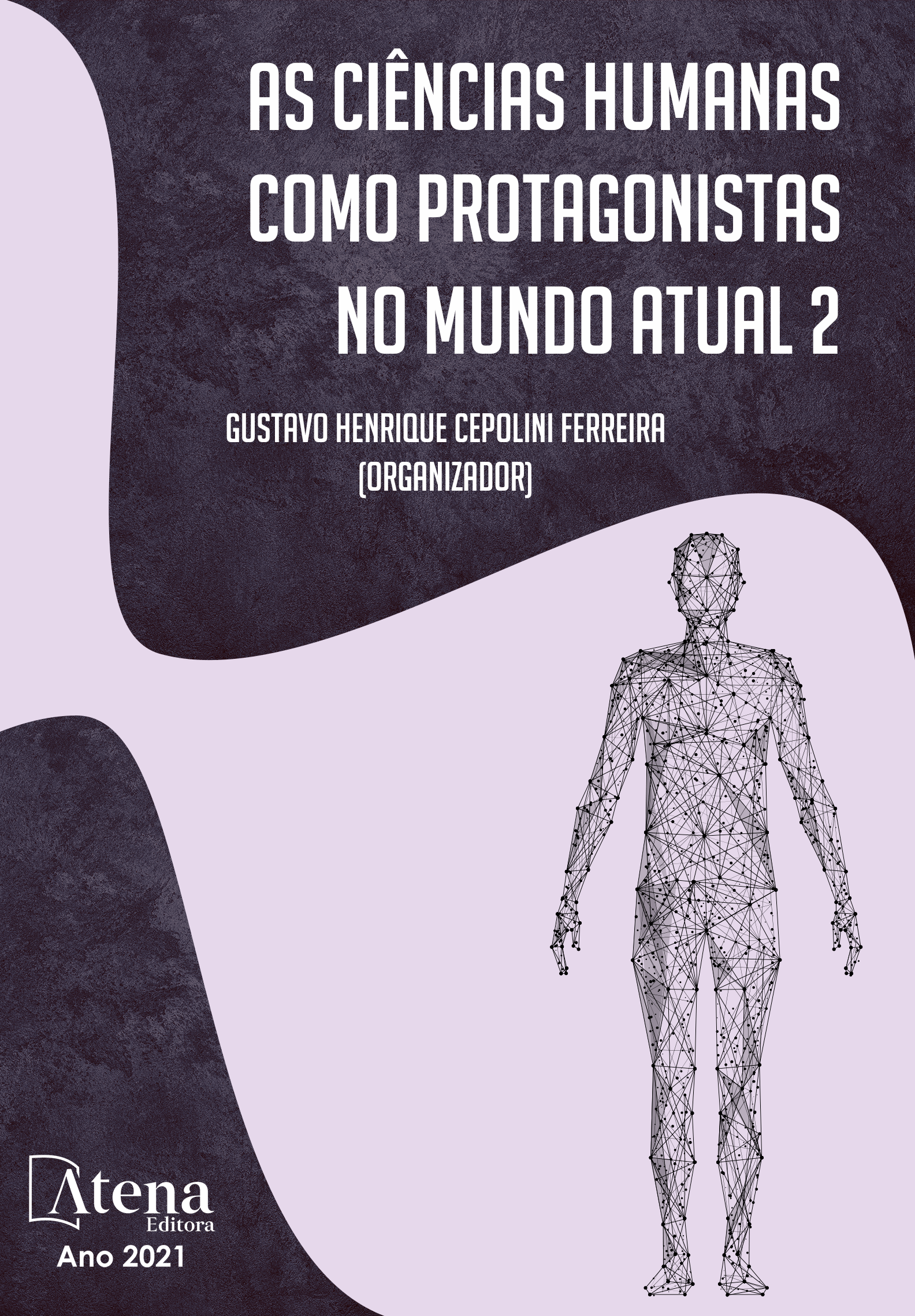
ACOMPANHAMENTO LONGITUDINAL DE CARACTERÍSTICAS SÓCIO DEMOGRÁFICAS E PSICOLÓGICAS DE ESTUDANTES DE CURSOS DE GRADUAÇÃO DA ÁREA DA SAÚDE: A EXPERIÊNCIA DA FMRP-USP NA PRODUÇÃO DE DADOS PARA O PLANEJAMENTO EDUCACIONALLONGITUDINAL FOLLOW-UP OF DEMOGRAPHIC AND PSYCHOLOGICAL CHARACTERISTICS OF UNDERGRADUATE STUDENTS IN THE HEALTH PROFESSIONS: THE FMRP-USP EXPERIENCE IN PRODUCING DATA FOR EDUCATIONAL PLANNING
O ensino superior deve ter como objetivos não somente a formação técnica e profissional do estudante, mas o seu integral desenvolvimento pessoal e social. Assim, além do planejamento curricular e da escolha das estratégias de ensino e aprendizagem, é necessário conhecer o estudante e as suas necessidades. Isto é especialmente importante nos cursos de graduação voltados à formação de profissionais da saúde que, enfrentam dificuldades relacionadas à lida com a doença, a morte, cenários e situações de aprendizagem desafiadores. Com esta perspectiva, a Faculdade de Medicina de Ribeirão Preto da Universidade de São Paulo, que oferece sete cursos de graduação na área da saúde (Ciências Biomédicas, Fisioterapia, Fonoaudiologia, Informática Biomédica, Medicina, Nutrição e Metabolismo e Terapia Ocupacional), criou, em 2016, o projeto “Acompanhamento longitudinal de características sócio demográficas e psicológicas de estudantes”. Desenvolvido pelo Centro de Apoio Educacional e Psicológico, o projeto visa constituir banco com informações sobre a evolução dos estudantes ao longo do curso, que poderão ser empregadas no planejamento educacional e, em especial, nas ações de apoio ao estudante. As ações principais desse projeto consistem na aplicação, em diferentes momentos, de um conjunto de instrumentos (questionário sociodemográfico, inventário de tipos de personalidade, escalas de ajustamento social e de motivação acadêmica, inventário de estilos de aprendizagem e escala de propensão à empatia). Este texto descreve as justificativas para a criação do projeto e os objetivos pretendidos, as várias fases do seu desenvolvimento até os dias atuais, no contexto da instituição e do seu centro de apoio ao estudante. Destacam-se as dificuldades encontradas e os desafios enfrentados, bem como as perspectivas de efetiva utilização dos dados obtidos. Espera-se contribuir para a difusão de uma visão mais holística do ensino superior, caracterizada pela preocupação especial com o estudante e a sua formação integral.
ACOMPANHAMENTO LONGITUDINAL DE CARACTERÍSTICAS SÓCIO DEMOGRÁFICAS E PSICOLÓGICAS DE ESTUDANTES DE CURSOS DE GRADUAÇÃO DA ÁREA DA SAÚDE: A EXPERIÊNCIA DA FMRP-USP NA PRODUÇÃO DE DADOS PARA O PLANEJAMENTO EDUCACIONALLONGITUDINAL FOLLOW-UP OF DEMOGRAPHIC AND PSYCHOLOGICAL CHARACTERISTICS OF UNDERGRADUATE STUDENTS IN THE HEALTH PROFESSIONS: THE FMRP-USP EXPERIENCE IN PRODUCING DATA FOR EDUCATIONAL PLANNING
-
DOI: 10.22533/at.ed.5652111059
-
Palavras-chave: ensino superior; apoio ao estudante; planejamento curricular; desempenho acadêmico
-
Keywords: higher education; student support; curriculum planning; academic performance
-
Abstract:
Higher education should aim at providing conditions for students to fulfill their personal and social development, besides achieving professional training. In addition to curriculum planning and selecting the best teaching and learning strategies, higher education institutions should know each student and his/her specific needs. This is especially important in courses aimed at training health professionals, who will face difficulties related to dealing with illness and death and challenging learning scenarios training situations. At Ribeirão Preto Medical School, University of São Paulo, Brazil, which offers seven undergraduate courses (Biomedical Sciences, Biomedical Informatics, Medicine, Nutrition and Metabolism, Occupational Therapy, Physiotherapy and Speech Therapy), a specific project for better knowing students was created in 2016. This project is entitled “Longitudinal monitoring of socio-demographic and psychological characteristics of students”, and is currently carried out by the institutional Center for Educational and Psychological Support. The project's main objective is to establish a student information database for supporting educational planning and informing the student support policies design. The main actions of this project consist of the application, at different times throughout the course, of a set of instruments: demographic and social data questionnaire, personality types inventory, scales of social adjustment and academic motivation, learning styles inventory, and an empathy scale. We herein describe the project rationale and objectives, the various phases of its development up to the present day, in the context of the institution and its student support center. We highlight the difficulties encountered and the challenges faced, as well as the perspectives of effective use of the data obtained. We expect therefore to contribute to the dissemination of a more holistic view of higher education, in which data for student characteristics and needs are utilized to improve curricular planning and to design effective student support actions.
-
Número de páginas: 18
- Karolina Murakami
- Marcia Baumann Di Stasio
- Luiz Ernesto de Almeida Troncon
- Vitor Evangelista de Faria Ferraz
- Maria Paula Panúncio-Pinto


